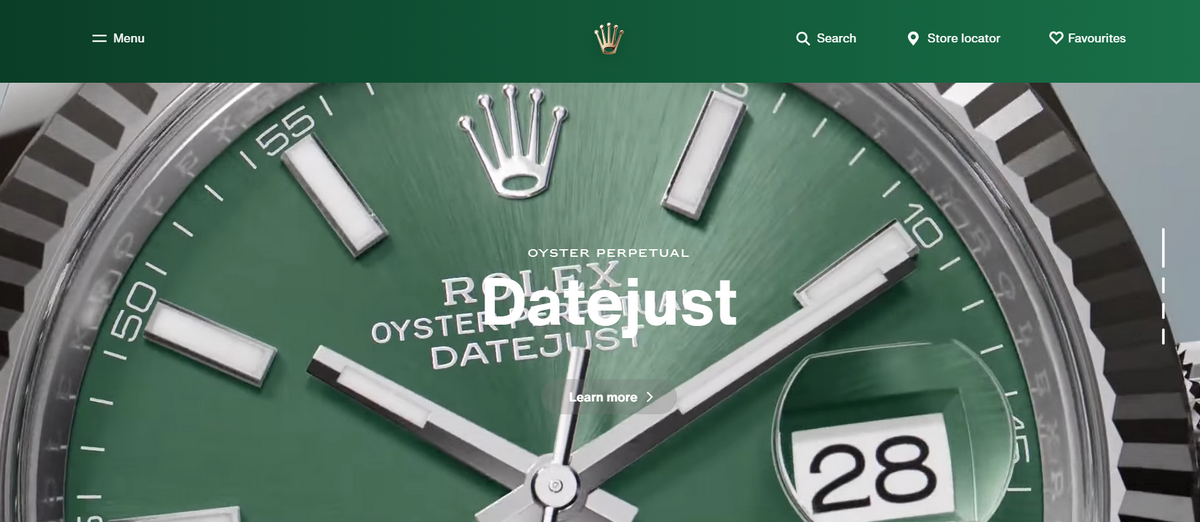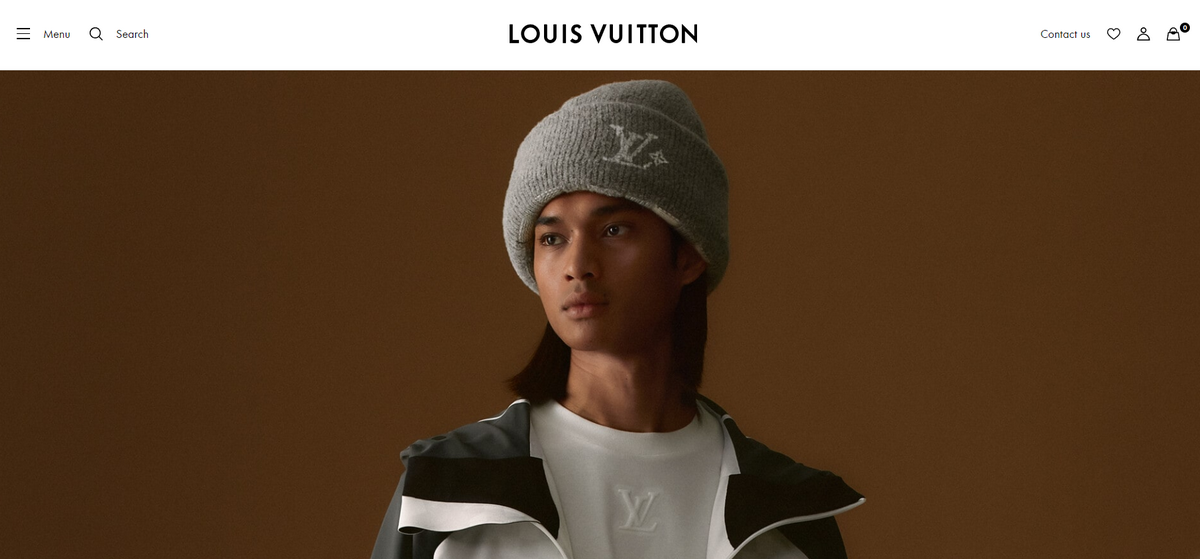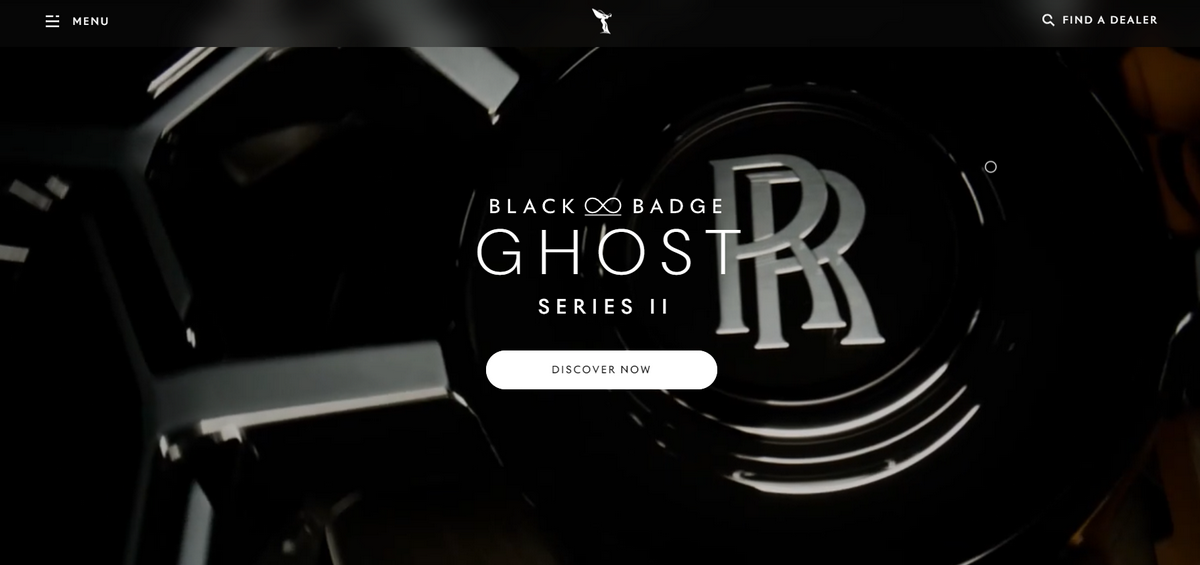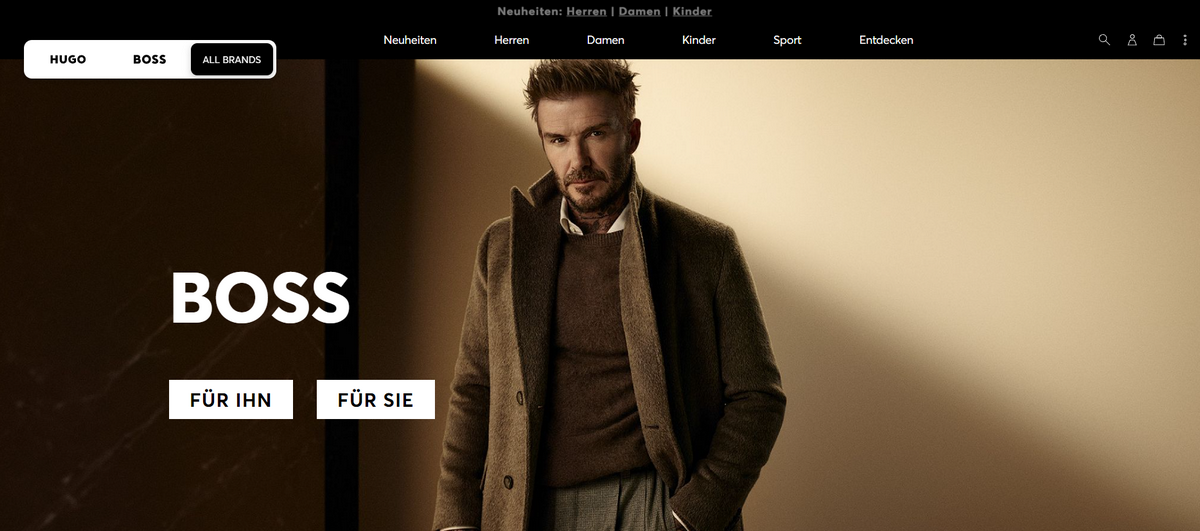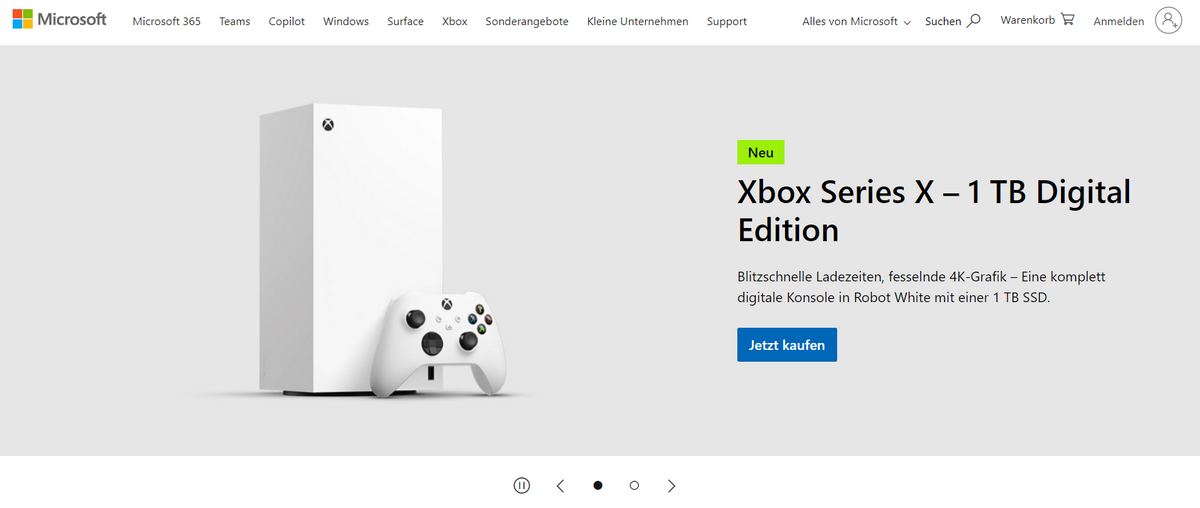Introduction
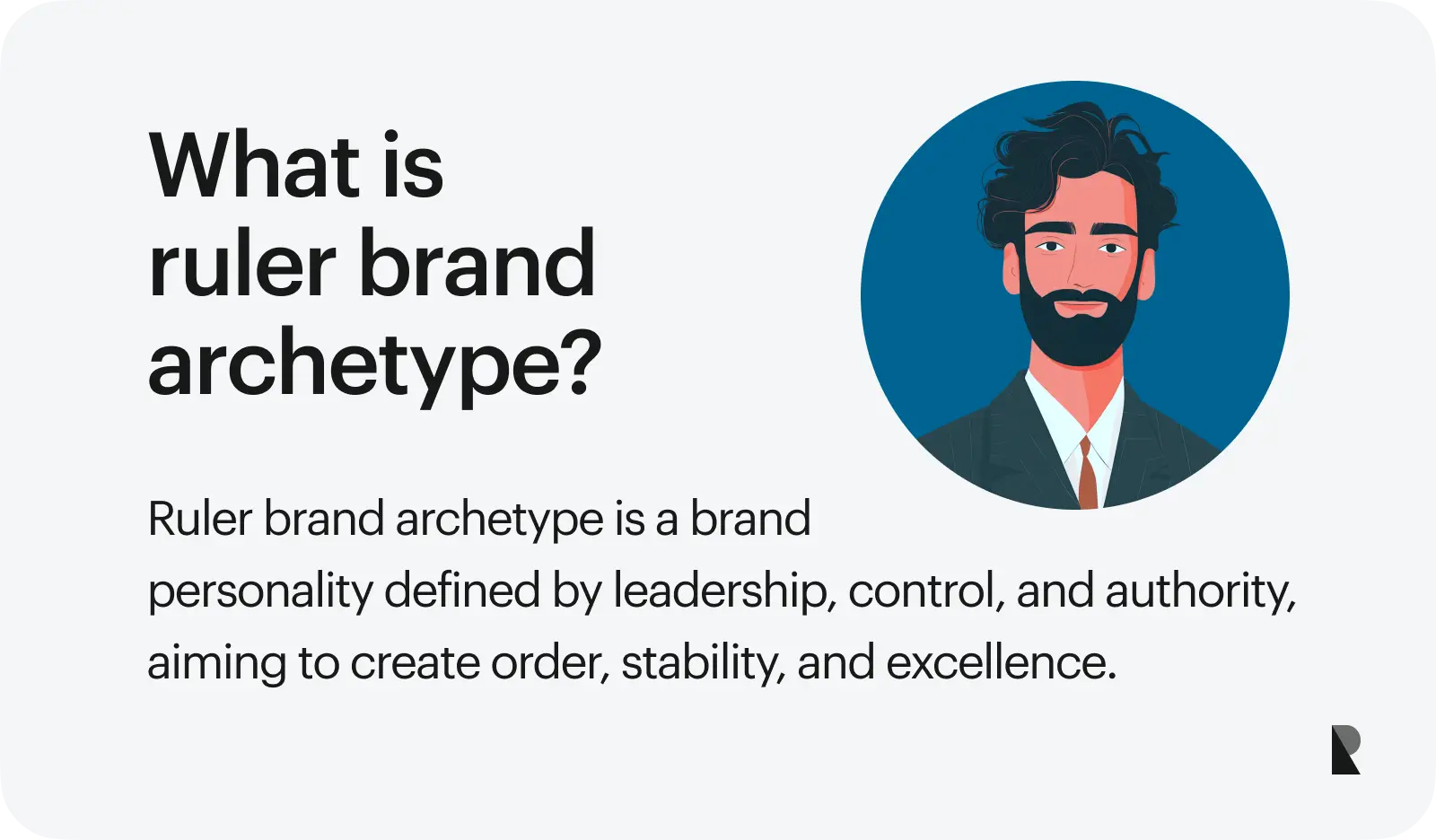
Born natural leaders with a commanding presence and a strong sense of order, the Ruler archetype is one of Carl Jung's most recognizable and dominant representatives. Whether in branding or literature, this personality easily separates itself from the crowd, occupying a specific position in the story. Even if it does not intend to play a leading part, it still exudes a sense of authority, draws attention, and leaves an imprint on societies and cultures.
The Ruler archetype has different names: leader, powerbroker, orchestrator, role model, and peacemaker. Whatever role it embraces, it enjoys demonstrating its savvy. In the market, it motivates others to follow common principles and regulations and maintain high standards. It values status, prestige, and image and extrapolates these qualities into everything surrounding it.
In stark contrast to the Outlaw archetype, the Ruler brands aim to create order out of chaos and keep it stable as long as possible. They are at the core of a well-coordinated society and understand how their decisions affect others.
For modern brands looking to embody authority and order, collaborating with a brand identity company can help translate these Ruler archetype traits into a cohesive visual and verbal system that commands respect across every touchpoint.
Let's comprehensively define the archetype and examine some fantastic examples to understand how your company may embrace this robust and dominant personality.
Its presence is evident in every society, impacting it from various angles and leaving an undeniable imprint on cultures. It symbolizes authority, control, ambition, and luxury—qualities people admire.
They cautiously orchestrate their moves to instill a sense of order and inspire everyone to obey their rules. They are quick to take charge and do not shy away from leadership, yet with all that, they have a sense of fairness and work toward the greater good.
Brands in this category are always in charge. Not only do they create prosperity and success, but they also define them, becoming thought leaders and role models in the niche. They understand the world and their power to affect people's decisions and lives. They use this ability to inspire those who depend on their vibe.
What Traits Are Associated with the Ruler Archetype?
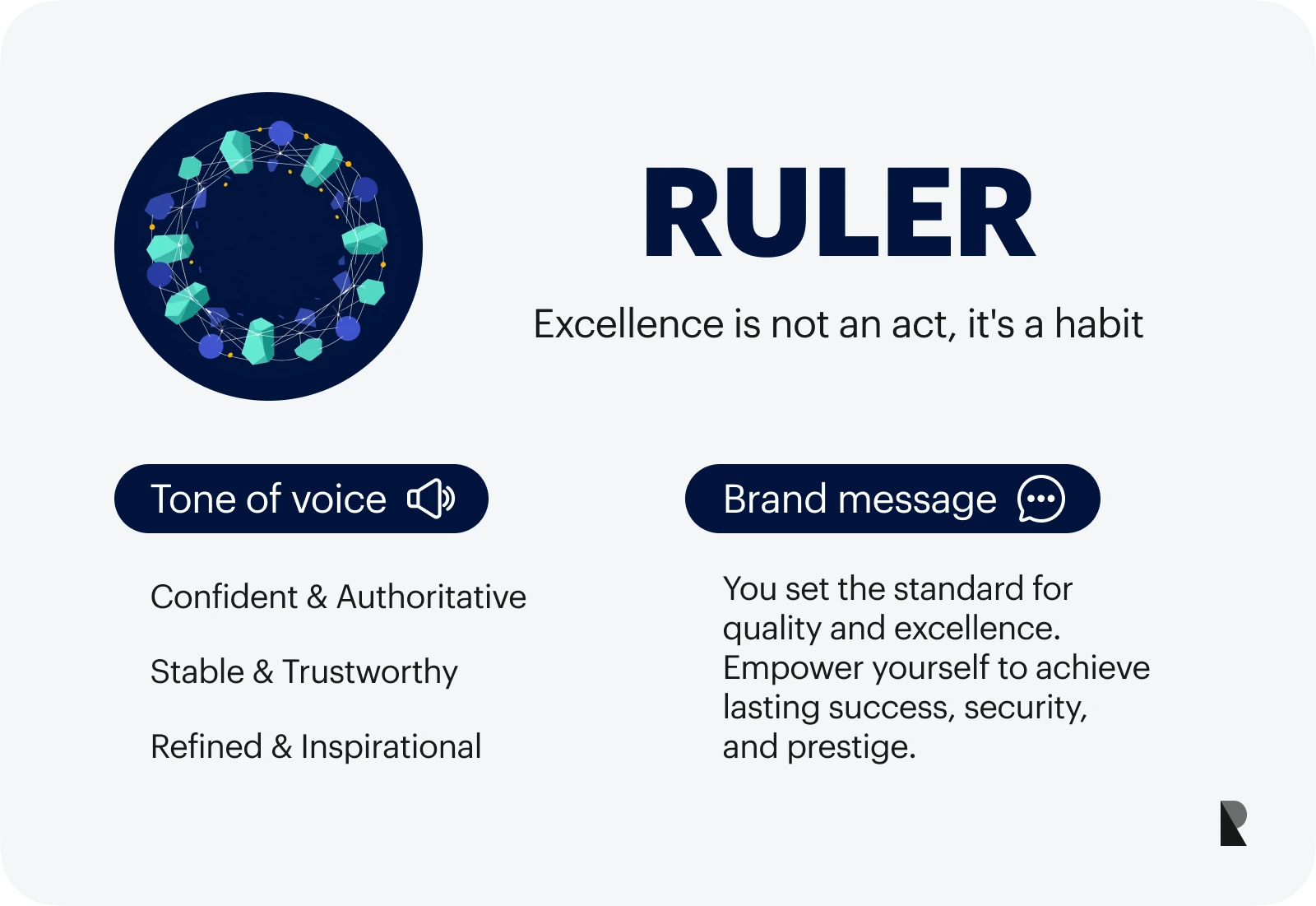
The Ruler archetype is increasingly diverse in its manifestation, from a good queen to a terrifying tyrant to an inspiring wizard. It might occupy a leading or supporting role in a storyline. It might be big and overwhelming or small yet exquisite. However, some common traits embody this personality.
Natural-born leaders
The Ruler brands have an innate capacity to effectively manage groups of people and lead them to collective goals. They do not need to learn how to do that, as they have the intuitive ability to inspire others and motivate them to follow their vision. They find it easier to assume control and create order out of chaos.
Brands in the leader category have powerful self-confidence that everyone can feel. They exude these vibes to reassure others to follow their commands. They are comfortable talking in front of large groups and find the right words to encourage others to value rules and standards.
Authoritative
The Ruler brands give an impression of power and importance. They are intelligent, confident, and savvy. They are also brave enough to guide everyone and take responsibility for others. They often have high standards for themselves and others and expect them to be met at every opportunity.
Brands with this personality create hierarchies and logical order. They have a commanding presence regardless of niche, product, or target audience. Their powerful, dominant image motivates others to obey.
Brings order
Unlike the Outlaw archetype that seeks to destroy well-established arrangements and regulations, the Ruler brands do everything they can to create order out of chaos, retain control, and maintain order. They introduce beliefs and standards that enable stability in a community and cater to those who need help to keep things moving. In business, the Ruler brands value high standards and exclusivity, creating branding services and products that help others to meet them.
Levels of Manifestation of the Ruler Archetype Brands
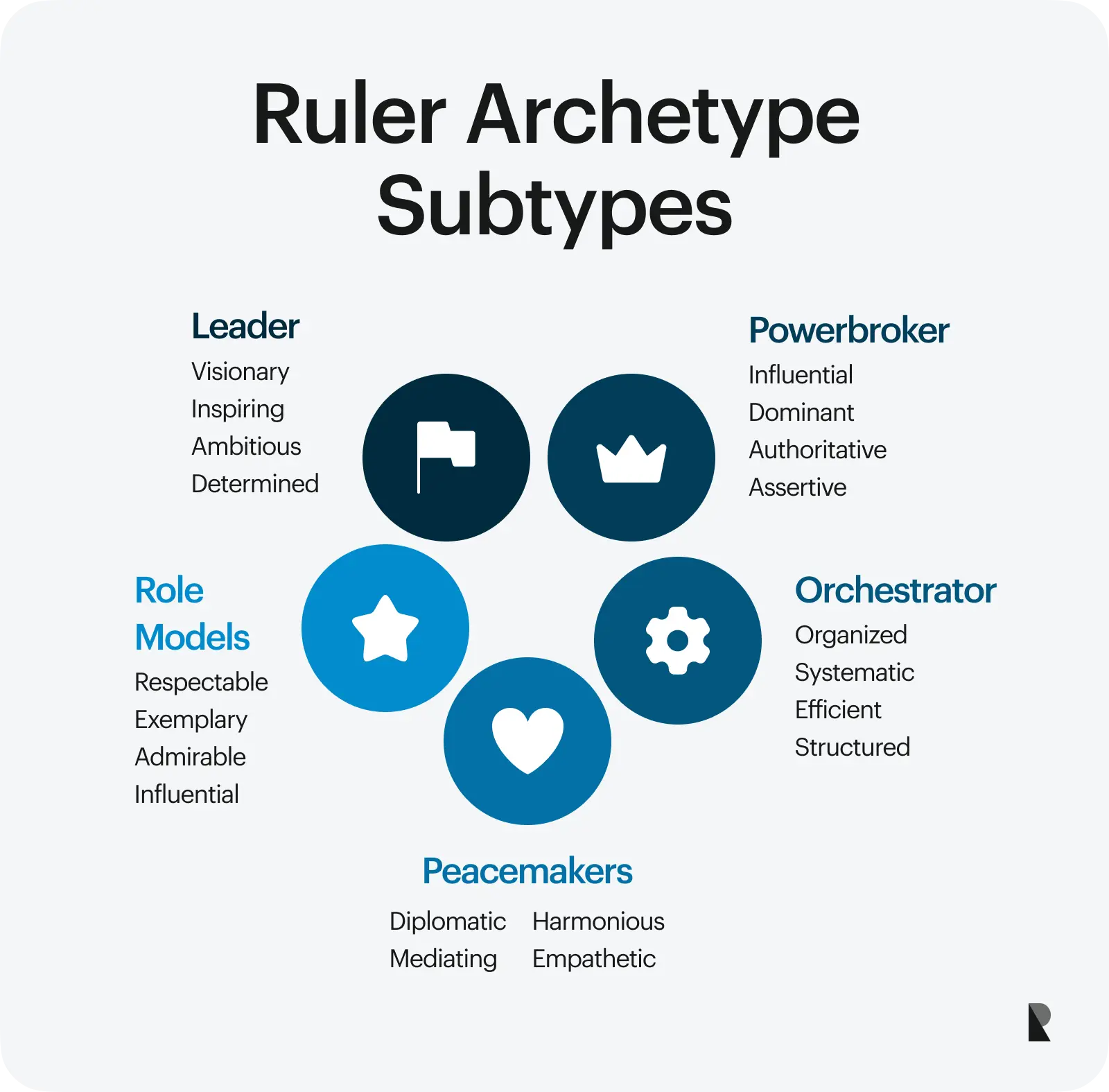
Naturally confident, intelligent, savvy, brave, and responsible, the Ruler archetype demonstrates leadership and uses its power and influence to maintain order in the community and make things work. It carefully orchestrates complex situations and never shies away from taking charge.
Depending on its level of development, goals, and essential traits, the Ruler brand might come in different subtypes represented across three primary levels of manifestation. These common subtypes are:
Leader: These brands see how things can be improved and aim to inspire people to move toward that better vision. They have a dream and a passion for reaching a specific destination, like achieving high standards.
Powerbroker: These brands have a significant influence on people and their decisions. They hold considerable sway in specific industries and use their power to get things done their way.
Orchestrator: These brands have the ability and capacity to organize and coordinate complex situations and systems. They channel efforts in the right direction and create order out of chaos with their products and solutions.
Role models: These brands have a robust social position in the community. Others who aspire to be at their level emulate their achievements, actions, vision, mission, and image.
Peacemakers: These brands are hard workers with a noble mission to bring things or people into a place of peace. They are not afraid to step into areas of strife and find solutions to complex situations that ensure common ground among individuals.
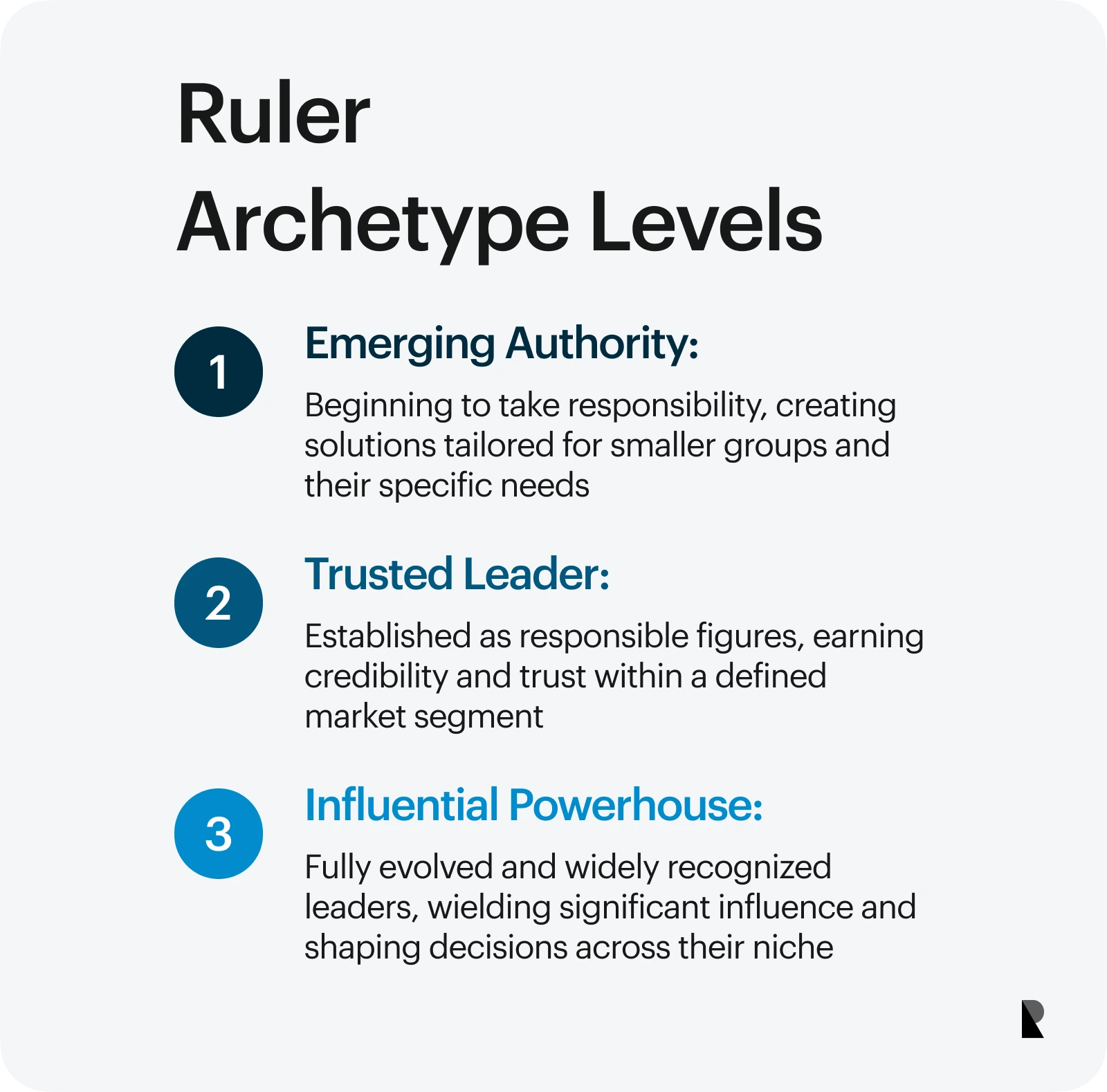
Regardless of the subtype, the Ruler archetypes may appear at three primary levels of evolvement. They are:
Level 1 — Brands are just starting as the Ruler archetypes. They take responsibility and devise solutions that meet smaller groups' needs and demands.
Level 2 — Brands take the first steps as responsible leaders who have earned authority and trust among a particular market segment.
Level 3 — Brands are fully evolved and considered leaders in the niche. They are well-recognized and have the power to influence others' decisions.
Ruler Brand Examples
The Ruler brands are increasingly powerful and dominant. They leave an undeniable mark on communities and cultures. Although they are rare and unique, each market sector has them. Let's consider several fantastic Ruler brand examples from different categories to see how they are similar in critical traits yet differ in their ways of establishing dominance.
Rolex
Rolex is one of the most famous Ruler brand archetype examples in the luxury accessories sector, and its brand name is known globally. Its unparalleled reputation commands prestige and a sense of exclusivity unmatched by other companies in the niche, either old like Patek or new like Hublot. It accounts for over 20% of watch sales internationally, demonstrating its worldwide dominance.
The brand harnesses key Ruler traits through compelling market positioning, exquisite design, top-notch quality, and aspirational storytelling. It conveys prestige and success and focuses on technical expertise to target affluent consumers.
Louis Vuitton
Louis Vuitton is a prominent representative of the Ruler archetype in the retail sector. Its potent combination of unparalleled craftsmanship, timeless elegance, and a rich heritage sets it apart from other luxury competitors and solidifies its position as the thought leader of the niche.
The company skillfully embodies exclusivity, impeccable quality, and a sense of prestige. It exudes an image of influence, power, and fame to symbolize luxury. It is the most valuable brand globally, with a status as an industry powerhouse and ruler of the niche.
Rolls-Royce
Rolls-Royce is an unrivaled Ruler archetype example in the car manufacturing sector. It has the most opulent vehicles in the range, with the Phantom IV faithfully serving Her Majesty the Queen. The small yet influential company from Goodwood, West Sussex, has a reputation and brand image worthy of rulers across the Globe.
Like Rolex, it caters to the world's most affluent customers, but its market share is increasingly narrow as it operates in an exclusive niche. Therefore, it cannot boast colossal revenue. Still, it shows how a small company may embody the Ruler archetype characteristics and become a symbol of royalty, extravagance, and well-known pride with global recognition.
Hugo Boss
Emphasizing sophistication and professionalism in every product, Hugo Boss is the bright Ruler archetype example in the retail sector. It has earned a prestigious reputation and established a global presence with top-notch quality and luxury status, naturally attracting a higher class.
The company combines an innovative marketing strategy with traditional distribution channels. It employs luxury magazines and influencer collaborations to epitomize critical traits of the archetype and develop strong brand messaging and identity. Centered around price, luxury, exclusivity, and culture, it successfully meets its goals in a highly competitive market.
Microsoft
Creating order out of chaos and occupying a dominant position globally are two core traits of the Ruler archetype that Microsoft successfully embodies. The tech giant that has changed how we live and work is an undeniable ruler of the digital world and innovation.
From the iconic operating system to cutting-edge cloud solutions, Microsoft caters to a broad spectrum of individual and business needs, providing a solid foundation for creativity. Their unwavering commitment to innovation, product development, and improvement has cemented their top position in the market and allowed them to dictate the rules for other digital manufacturers.
What Are Some of the Difficulties?
The ruler archetypes hold immense power and authority and occupy leading positions in the niche. They inspire and influence decision-making processes and command respect with their sharp strategic skills. Their products bring order, direction, and stability to any situation. However, their path to success has its share of challenges and obstacles.
One of Ruler Brands' most significant challenges is balancing a sense of superiority and friendliness. As niche leaders, these companies always understand dominance, exclusivity, excellence, and perfection. This supremacy and imposing image may result in aloofness that pushes away customers.
To overcome this obstacle, it is crucial to hire a professional brand identity company that will develop brand strategies to stimulate deep personal connections with clients, promote authenticity, and inspire trust.
Another big challenge is adhering to the highest standards and constantly delivering unparalleled quality. This requires regular innovations, investments, research, and development, which are time-consuming and resource-intensive. Without stamina, inner power, passion, knowledge, and reliable sources of information crucial to making informed decisions, it might end in a fiasco.
To overcome this obstacle and secure a place at the top, these companies should have the best pool of talents, devise pioneering marketing strategies, follow the mainstream, and develop solutions that fight chaos.
The last big challenge that brand archetypes meet on their path to success is finding the right market segment. Companies in this category exude a sense of exclusivity and luxury that is usually not affordable to a broader audience, so they might find it difficult to attract those seeking status and distinction. This drastically limits the market's reach and expansion opportunities.
Companies should understand that customers willing to pay a premium are, by nature, hard to find. Therefore, data-driven approaches should be applied. They should do thorough market research and devise campaigns that speak to their aspirations and values to captivate customers' emotions. They should also maintain a strong brand image and reputation and extend brand values and image beyond products or services.
Manifestation of the Ruler Archetype in the Brand
The Ruler brand archetype is perhaps one of the most difficult to embody as it faces unique challenges. These include colossal investment, resource intensity, constant innovation, self-realization, regular improvement, and developing products that dominate the world. However, if you believe your company is a great candidate for becoming the Ruler of the niche, here are the best practices for embodying this archetype personality.
Get a thorough understanding of the archetype and your brand
Start by thoroughly understanding the Ruler archetype and how it aligns with your brand's mission, vision, and core value. This will help you craft a consistent brand strategy, messaging, and content to build stronger customer connections.
Focus on key personality traits
Focus on key personality traits: stability, control, authority, leadership, ambition, and responsibility. Choose those that help your brand target the right audience and empower them with confidence and control of their lives. Note that it is not necessary to be exclusive and luxurious. Microsoft has become the Ruler of the niche by catering to a wide range of needs with budget-friendly prices.
However, while you may skip the luxury sector, you must establish a sense of authority by showcasing your expertise and capacity to lead the community. Therefore, crafting a message that resonates with audiences who value quality and confidence is crucial.
Think through branding and marketing strategy
Think through omnichannel presence, exquisite website design with regularly updated blog posts, high-quality design resources, excellent customer service, and approaches with exceptional client work, with rights reserved across boards.
Your marketing strategies must center around your commitment to delivering top-quality products that either evoke exclusivity or help customers create order out of chaos and meet high standards. Employing social proof from satisfied clients, sharing success stories, and highlighting industry accolades would also help.
It is crucial to note that influencer marketing should be employed as it greatly benefits the Ruler brand archetype. Being associated with famous and influential people cements the company's position as leaders and experts in their niche and fosters a sense of trust and loyalty among the loyal following customers.
FAQs
What is the Ruler brand archetype?
The Ruler brand archetype is one of Jung classification's most dominant, powerful, and uncompromising personalities. It finds meaning in creating a hierarchy and establishing a harmonious, fruitful, constructive, and well-coordinated environment.
What is the Ruler personality type?
The Ruler personalities are increasingly powerful and dominant. They are intelligent, savvy, and brave, able to create order out of chaos and naturally influence decision-making processes with their authority. They inspire others to follow their lead and establish regulations and standards.
What is an archetype Ruler example?
There are many Ruler examples spread across niches and market segments. One of the most popular are: Rolls-Royce, Rolex, Microsoft, Louis Vuitton, and Hugo Boss.
What are the characteristics of a Ruler?
The critical characteristics of Ruler brands are power, authority, responsibility, and dominance. They promise strong leadership, unity, and order and are widely associated with luxury, exclusivity, wealth, and success.
Conclusion
The Ruler archetype is a bright and unmistakable representative of Carl Jung's classification. It exhibits power, strength, authority, leadership, exclusivity, and luxury. It excels at strategic thinking, taking responsibility for others, and making difficult decisions under pressure. It values status, prestige, order, hierarchy, and chains of command.
Companies under this flagship create compelling narratives that appeal to those who value stability, control, ambition, high-quality standards, and premium products and experiences. They invest lots of money and resources to innovate, be role models, and stay on top.
Harnessing the essence of personality requires Ruler brands to introduce key traits through creative marketing campaigns. They adopt strategies to fight challenges, embody vital characteristics, and avoid becoming overly controlling or authoritarian through hyper-personalized approaches.
Oct 18, 2024
